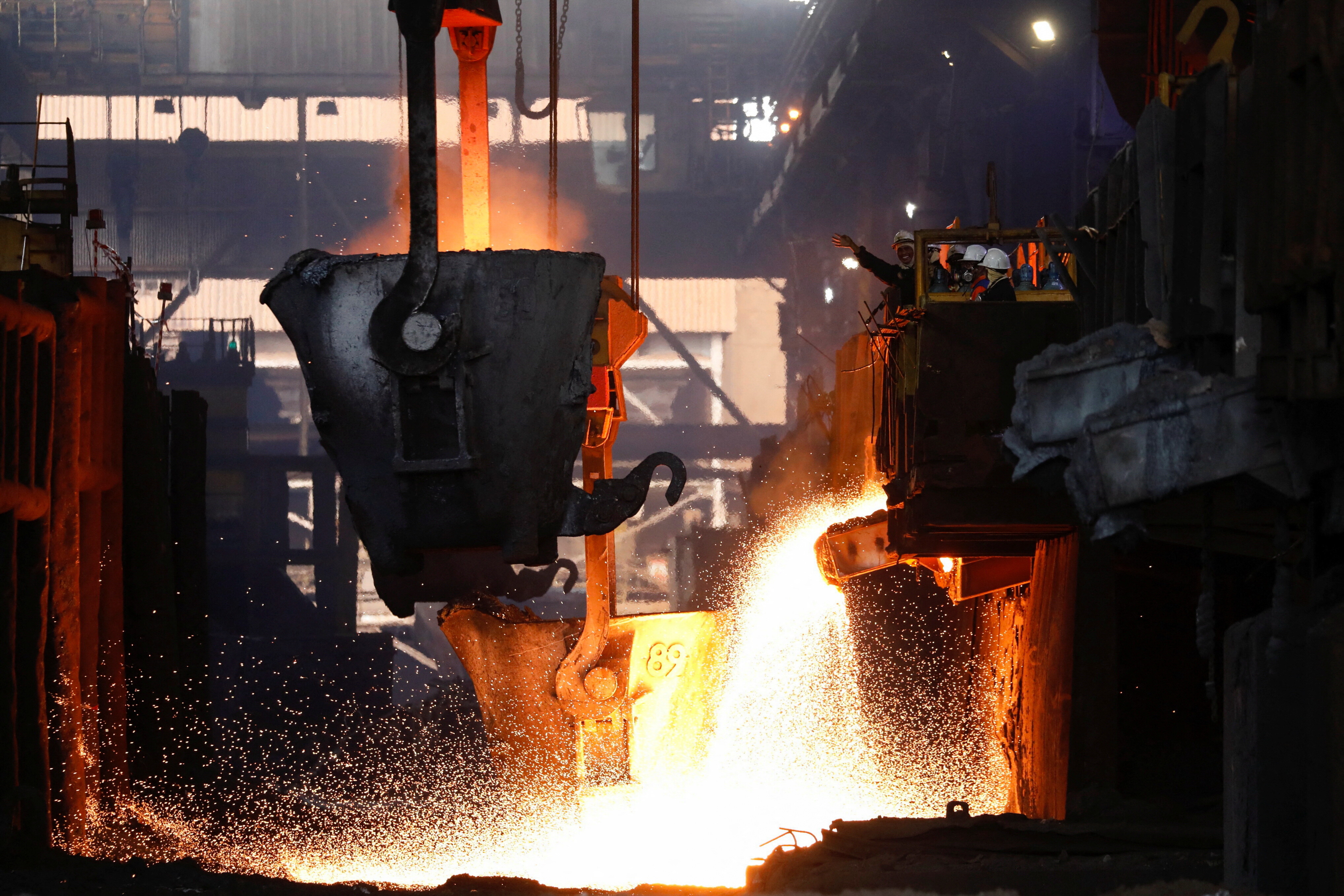Should Japan join China’s investment bank?

In the world of international finance, conflicting monetary and exchange-rate policies compete for advantage and countries battle for influence over the rules of the game. After all, just as investors compete to maximize their profits, countries compete to ensure that international rules and norms are agreeable to them. That is why agreeing to an international economic regime – say, establishing a fixed exchange rate, or adopting a common currency – is a deeply political decision. And today’s Asia faces many such decisions.
Economic integration is a hot topic in the region. From the negotiation of the mega-regional Trans-Pacific Partnership to the establishment of China-led investment platforms – including the Silk Road Fund and, most recently, the Asian Infrastructure Investment Bank (AIIB) – Asia is becoming more interconnected than ever.
As a result, some observers may find the notion of increased monetary integration – even the establishment of a fixed exchange-rate regime based on, say, the Chinese renminbi or the Japanese yen – highly appealing. But I would argue that the flexible exchange rates that prevail today remain Asia’s best bet for boosting prosperity and protecting it from shocks.
To understand the advantage of maintaining a flexible exchange rate, one need look no further than the recent growth trajectories of the advanced economies. After the 2008 economic crisis, the United States and the United Kingdom were able to employ unconventional monetary policies to escape recession. Japan adopted similar policies in late 2012 to escape two decades of stagnation.
Members of the eurozone, however, lacked such an option. European Central Bank President Mario Draghi was eventually able to pursue policies aimed at devaluing the common currency, but not before years of painful austerity, deep recession, social strife, and political instability in many eurozone member countries.
Against this background, it seems anachronistic to consider the possibility of establishing anything like a unified currency in Asia, where institutional disparities are far deeper, and the variety of economic shocks far greater, than in Europe. To hope for a unified currency in Asia seems almost like hoping for the region’s own Greek crisis.
This has important implications for new multilateral institutions like the AIIB. Other developing countries have joined because they believe that the existing international monetary order, underpinned by the International Monetary Fund and the World Bank, is excessively oriented toward the advanced economies. Even the Asian Development Bank, in which Japan enjoys considerable influence, is said not to heed developing-country voices adequately at times. Moreover, Asian countries recognize that their continued development requires more advanced and reliable infrastructure, which cannot be built without new financing platforms.
The AIIB seems to offer an ideal solution. And, indeed, it does not appeal only to developing Asian countries. France, Germany, Italy, and the UK have joined more than 30 other countries as founding members. The US and Japan, however, still have their doubts. Should they join?
To answer this question, US and Japanese policymakers should rely on the “calculus of participation,” which dictates that the first step in choosing whether to join an international initiative or regime is to consider the last step in the process: the outcome. In short, a country’s leaders should ask whether, ultimately, their country would be better or worse off.
This “backward induction” approach may seem obvious, but the AIIB’s members seem to have ignored it. Indeed, beyond the fact that China will be in charge, almost nothing is known about the bank or its financing rules. Given this, it seems logical for countries like Japan to wait and see before deciding whether to join the AIIB.
Of course, there is a counter-argument. Just as talks between the US and Iran, while far from perfect, have helped build mutual understanding and deterred Iran’s quest for nuclear weapons, closer integration among Japan and its Asian neighbors could help to align their actions and interests.
The merits of this “community” approach – which reflects a more Eastern perspective than the backward-induction approach – cannot be overestimated, especially in a highly fraught situation like that with Iran, where the consequences of stubborn silence could be catastrophic. But the potential cost to Japan of delaying participation in the AIIB seems to be quite limited.
There is another strong reason why Japan should wait: macroeconomic stability. As it stands, the misallocation of capital and poor investment decisions in China raise serious risks, which increasingly seem to be on par with those in the US that triggered the 2008 financial crisis. If the AIIB begins with nothing more than vague criteria for monitoring international investment and an implicit Chinese veto, these domestic risks may spread to China’s neighbors, raising the danger of another large-scale international crisis.
European countries may join the AIIB to deepen their business and political ties with China, but their financial stakes in the outcome are limited. The same cannot be said for Japan. Given this, Japan should not join the AIIB until the criteria for monitoring its investments are clear. For now, Japan’s best bet is to make no bet at all.
This article is published in collaboration with Project Syndicate. Publication does not imply endorsement of views by the World Economic Forum.
To keep up with the Agenda subscribe to our weekly newsletter.
Author: Koichi Hamada, Special Economic Adviser to Japanese Prime Minister Shinzo Abe, is Professor Emeritus of Economics at Yale University and at the University of Tokyo.
Image: Pedestrians walk under red lanterns which was recently installed as Chinese New Year decorations, at Pudong Financial Area in Shanghai, January 24, 2014.
Don't miss any update on this topic
Create a free account and access your personalized content collection with our latest publications and analyses.
License and Republishing
World Economic Forum articles may be republished in accordance with the Creative Commons Attribution-NonCommercial-NoDerivatives 4.0 International Public License, and in accordance with our Terms of Use.
The views expressed in this article are those of the author alone and not the World Economic Forum.
Stay up to date:
Japan
Forum Stories newsletter
Bringing you weekly curated insights and analysis on the global issues that matter.
More on Economic GrowthSee all
Mahmoud Mohieldin and Vera Songwe
November 20, 2025







